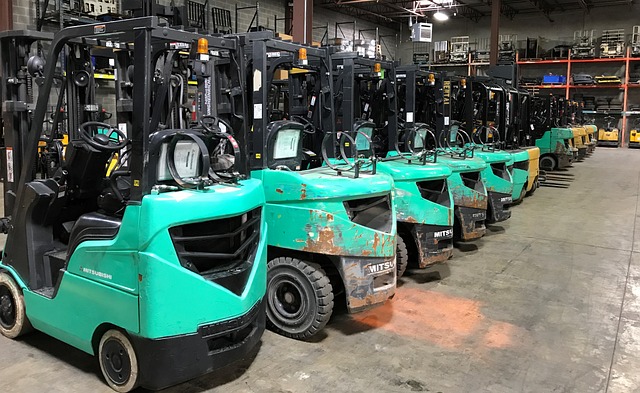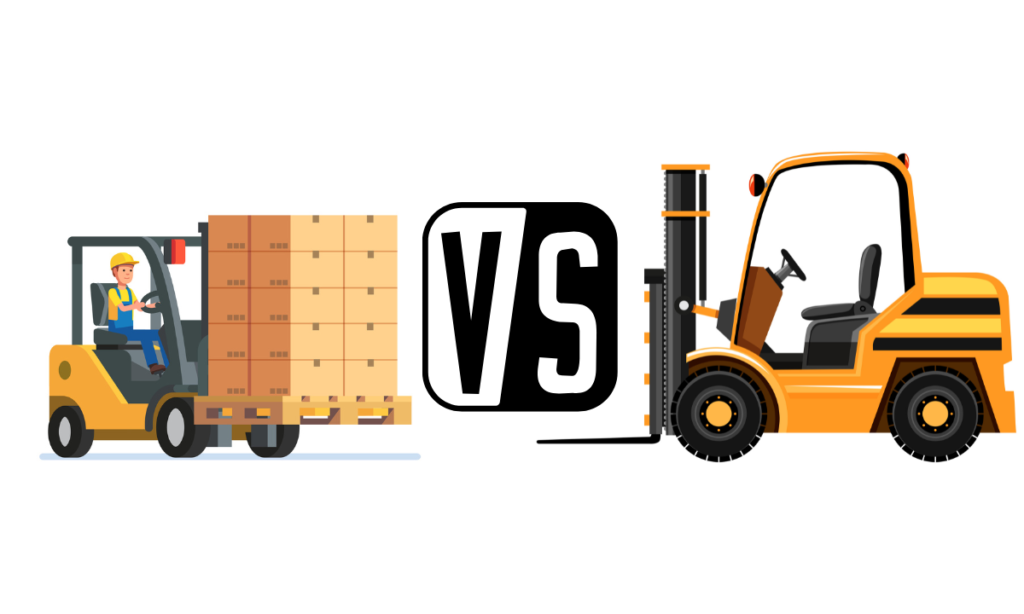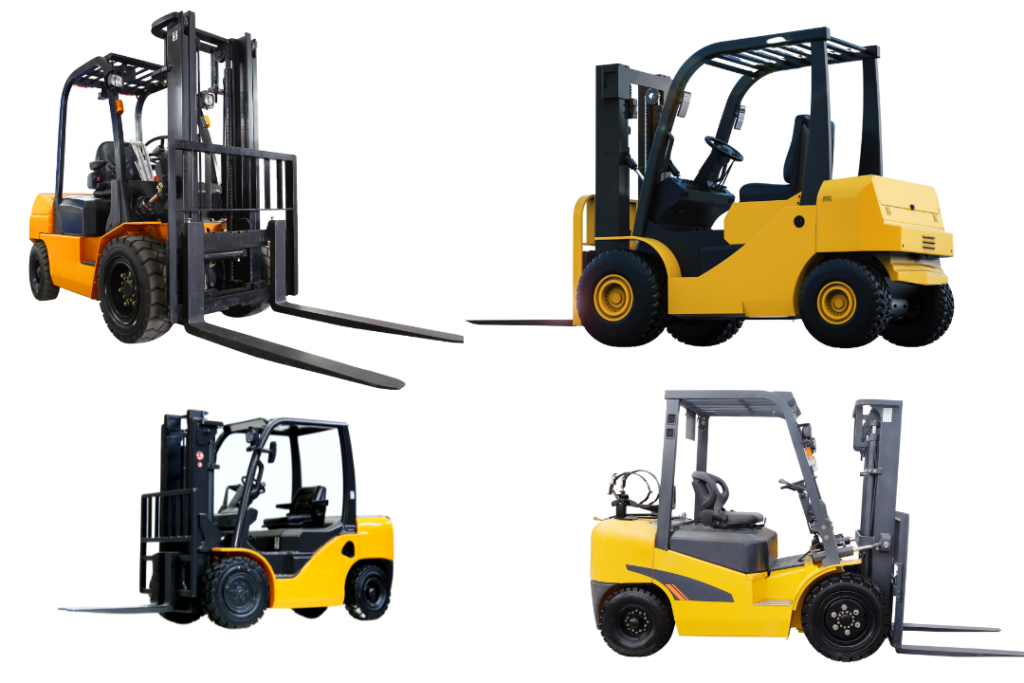Ever wondered which forklift holds the key to unlocking peak efficiency in your operations? Dive into the world of forklift classes and types in this blog post. From nimble electric pallet jacks to robust rough-terrain forklifts, we’ll decode the intricacies, empowering you to make informed decisions for your specific needs. By the end, you’ll not only decipher the alphabet soup of forklift classes but gain a profound understanding of how each type can revolutionize your material handling game. Join us in unraveling the fascinating tapestry of forklifts – because beyond steel and mechanics lies a world of untapped potential. Elevate your expertise now.
Learn More : What are Class 2 forklifts used for?
Class One: Electric Motor Rider Trucks
Overview:
Electric Motor Rider Trucks, the workhorses of indoor environments, boast versatility and eco-friendliness. They come equipped with either cushion or pneumatic tires, making them suitable for a spectrum of applications. The cushion-tired variants excel in smooth indoor floors, while the pneumatic-tired counterparts thrive in outdoor settings, navigating concrete, asphalt, and gravel terrains.
Power Source:
These forklifts are powered by industrial batteries, employing transistor motor controllers for precise control over travel and hoist functions. Ideal for spaces where air quality is paramount, they seamlessly transition from loading docks to expansive warehouses.
Class Two: Electric Motor Narrow Aisle Trucks
Efficiency in Limited Spaces:
Designed for warehouses with very narrow aisle operations, Electric Motor Narrow Aisle Trucks maximize storage space utilization. Unique features optimize speed and efficiency, making them ideal for businesses aiming to streamline their warehouse footprint.
Space Optimization:
These forklifts incorporate specialized features to minimize the space they occupy, ensuring that even the tightest aisles can be navigated with ease. This class epitomizes the fusion of precision and space optimization.
Class Three: Electric Motor Hand or Hand-Rider Trucks
Maneuverability and Control:
In the realm of hand-controlled forklifts, Class Three Electric Motor Hand Trucks take the lead. Operated from the front with a steering tiller, the control mechanism is intuitive, with all controls conveniently mounted on top of the tiller.
Battery-Powered Convenience:
Being battery-powered, these forklifts, especially the smaller capacity units, utilize industrial batteries, providing an efficient and convenient solution for various applications.
Class Four: Internal Combustion Engine Trucks – Cushion Tire
Indoor Efficiency:
Class Four forklifts, specifically the cushion-tire variants, find their niche on smooth, dry floors within warehouses. Their lower ground clearance makes them invaluable in low-clearance applications, effortlessly shuttling palletized loads to and from loading docks.
Engine Options:
Available with either LPG or Diesel engines, these forklifts offer flexibility in choosing the power source that aligns with specific operational needs, providing a tailored solution for indoor transport.
Class Five: Internal Combustion Engine Trucks – Pneumatic Tire
Versatility Unleashed:
Class Five Internal Combustion Engine Trucks, equipped with pneumatic tires, are the go-to choice for warehouses requiring versatility in handling diverse loads. Whether inside or outside, they effortlessly handle anything from single pallet loads to loaded 40-foot containers.
Fuel Options:
With internal combustion engines, these forklifts can be powered by LPG, gas, or diesel, ensuring compatibility with varying fuel infrastructures and preferences.
Learn More : Choosing the Right Forklift Tire: Pneumatic vs. Cushion Explained
Class 7: Rough Terrain Forklift Trucks
Outdoor Prowess:
Class 7 forklifts, the Rough Terrain Forklift Trucks, are designed for outdoor challenges. Fitted with large flotation tires, they conquer difficult surfaces, finding their calling at construction sites, lumber yards, and auto recycling facilities.
Telescopic Handlers:
Included in this class are telescopic handlers, versatile machines extending beyond traditional forklift capabilities. Their applications span from construction sites to various job site locations, providing a multifaceted solution for handling building materials.
Understanding the intricacies of each forklift class is pivotal for making informed decisions regarding warehouse equipment. Whether optimizing space, ensuring indoor efficiency, or conquering outdoor challenges, the right forklift can elevate your operations.



